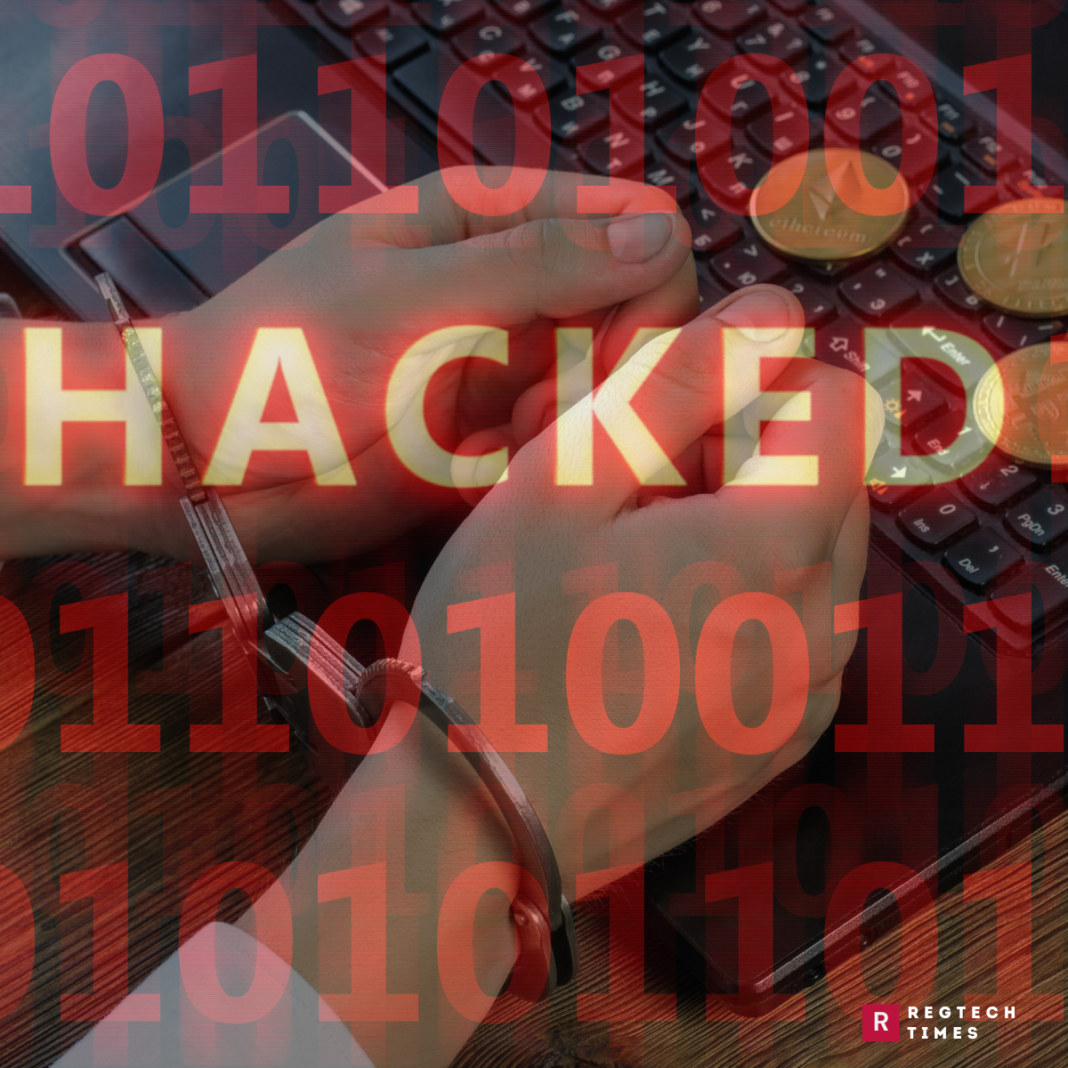The recent sophisticated attack on the Dolomite project serves as a stark reminder of the dangers inherent in decentralized finance (DeFi) networks. Due to a vulnerability in their “DolomiteMarginProtocol” smart contract, $1.8 million in USD Coin (USDC) was stolen. This event highlights a number of important blockchain security issues and raises concerns about the security protocols used by DeFi organizations.
Seems like Dolomite Exchange’s old contracts have been exploited!!!
$1.8m in USDC has been stolen!
Exploit tx:https://t.co/PdllvPGAr4
Exploiter address:https://t.co/NlFLNSbmu1
Revoke approvals to Dolomite’s old contract ASAP:https://t.co/qIAZr1JNAJ pic.twitter.com/MiDivtRFkh
— Amir Ormu (On-Chain Alfa 💎) (@AmirOrmu) March 20, 2024
Dolomite is a DeFi platform that combines the features of a money market protocol and decentralized exchange (DEX) to enable a range of financial operations, including margin trading and over-collateralized loans. Unfortunately, the architecture’s attempts at flexibility and capital efficiency also left gaps that were expertly exploited by hackers.
Using rights that had been given before the contract’s obsolescence in 2020, the attackers specifically targeted the “DolomiteMarginProtocol,” an outdated one. The potential of illegal contracts to withdraw cash from the DeFi ecosystem is a troubling aspect of this security breach since it suggests a serious error in the administration of old systems.
The issue was revealed by blockchain security firm CertiK, which identified the intricate interaction between old code and permissions as a major contributing reason to the hack. In addition to casting doubt on Dolomite’s security protocols, the attack highlights the ongoing problem of smart contract vulnerabilities in the DeFi industry as a whole.
Despite being groundbreaking, smart contracts have proven to be a double-edged sword on several occasions. Their unchangeable character, which was formerly thought to be a defence against deception and manipulation, also implies that any inherent weaknesses become lifelong vulnerabilities if they aren’t sufficiently fixed or updated. The Dolomite event serves as an example of how long after older contracts have been phased out of active usage, residual dangers might still materialize.
No, this is neither the first nor the last instance of a DeFi platform being hacked. All the same, every incidence is a teaching moment for the industry. Going ahead, platforms like Dolomite should not only solve the specific flaws that allowed for this theft but also put in place more stringent security measures to audit and keep an eye on both historical and current smart contracts.
Furthermore, instances such as these underscore the significance of community and openness within the DeFi domain. Through transparent vulnerability discussions and solution sharing, the ecosystem as a whole can better defend against similar attacks. Long-term resilience for DeFi will mostly depend on its capacity to draw lessons from these failures and take a proactive approach to security.
The Dolomite breach serves as a sobering warning to investors and users alike of the dangers associated with making DeFi investments. These platforms have great profit potential, but they also carry a considerable risk, particularly in the form of security flaws that might result in significant losses. Being alert, making a variety of investment choices, and keeping a close check on platform security upgrades are necessary for securely navigating the DeFi market.
To sum up, the $1.8 million heist from Dolomite serves as another reminder for the DeFi sector to strengthen its security protocols. It emphasizes how important it is to keep coming up with new ways to secure smart contracts, strengthen auditing procedures, and work together to protect the ecosystem from outside threats. The security measures that guard DeFi must also change as it does.



